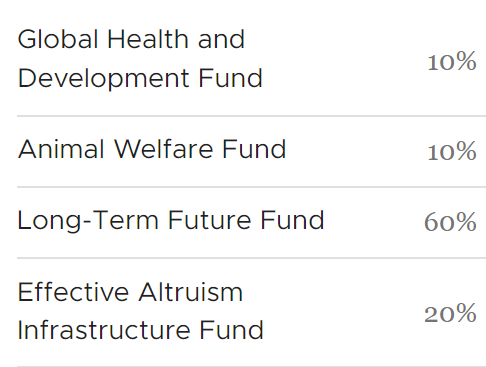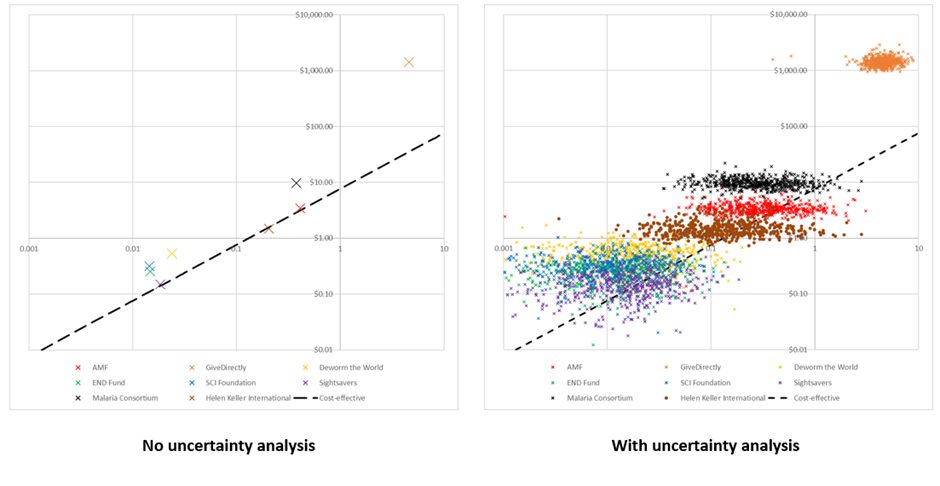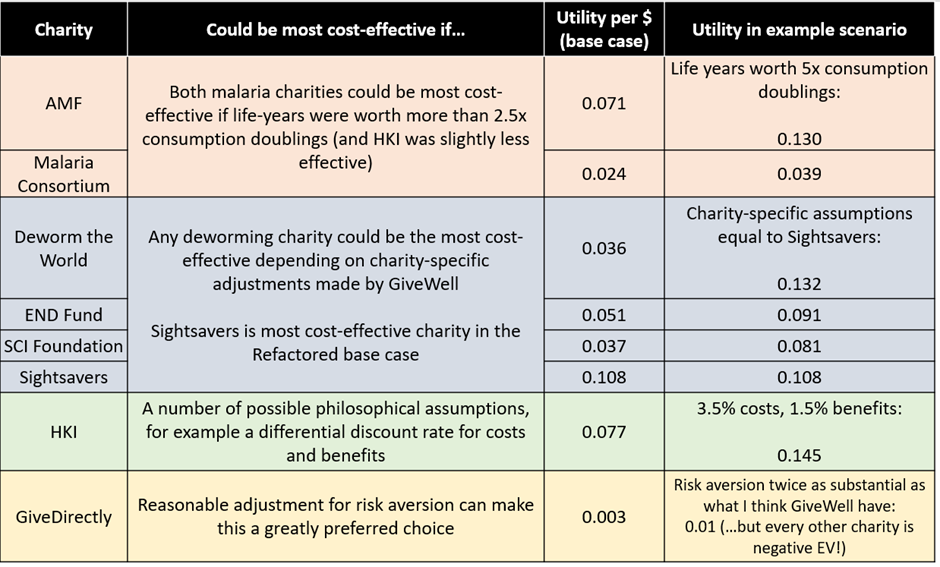This post[1] is intended as an open thread for anyone to share where you donated or plan to donate in 2022, and why.
I encourage you to share regardless of how small or large a donation you’re making! And you shouldn’t feel obliged to share the amount that you’re donating.
You can share as much or as little detail as you want (anything from 1 sentence simply describing where you’re giving, to multiple pages explaining your decision process and key considerations).
And if you have thoughts or feedback on someone else’s donation plans, I’d encourage you to share that in a reply to their “answer”, unless the person indicated they don’t want that. (But remember to be respectful and kind while doing this! See also supportive scepticism.)
Why commenting on this post might be useful:
- You might get useful feedback on your donation plan
- Readers might form better donation plans by learning about donation options you're considering, seeing your reasoning, etc.
- Commenting or reading might help you/other people become or stay inspired to give (and to give effectively)
Related:
- Effective Giving Day is coming up — November 28 — next week!
- Talk about donations earlier and more
- Previous posts of this kind:
As a final note: we’re enabling emoji reactions for this thread.
- ^
Adapted almost entirely from Where are you donating in 2020 and why?, with permission.





Thanks for sharing!
On the one hand, I think that bar may still be higher than that of neartermist interventions. I have estimated here the marginal cost-effectiveness of longtermism and catastrophic risk prevention is 9 (= 3.95/0.431) times as high as that of global health and development.
On the other hand, I think one can still say the bar of longtermist interventions is more constrained by labour than that of neartermist ones. Fields like global health and development have been around for a while, so it makes sense that funding is more likely to be undersuplied relative to ideas. Whereas fields like AI safety only have very few people involved[1], so the ideas space is still very nascent, and more people are needed to explore it.
Benjamin Todd's post Let's stop saying 'funding overhang' clarifies this matter.
If funding is currently oversuplied relative to labour in the longtermist space, one can prioritise interventions which focus on ensuring more people will be able to contribure to the area in the future. The LTFF makes many (most?) grants with this goal. Some examples from this quarter (taken from here):
According to 80,000 Hours' page: